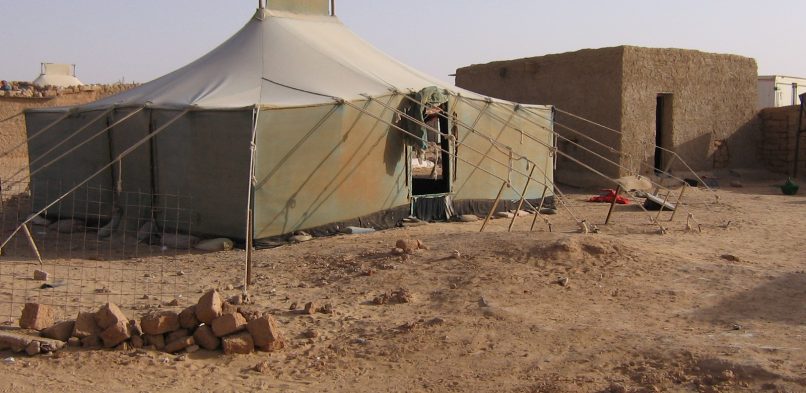The Western Sahara International Academic Observatory (OUISO) aims to produce and to exchange knowledge about the historical, social, economic and political dynamics of the region of the Western Sahara in order to understand the context for the Sahrawi diaspora.
This observatory seeks to sustain the lively exchanges that were generated amongst the researchers, students, journalists, human rights activists and NGO representatives (based in the Saharawi refugees camps of Tindouf as well as in the territories under Moroccan occupation) who attended the international conference held in the Sorbonne University from June 2-3 2016. We consider it necessary to create a platform aimed at supporting the exchange of scientific information over the Western Sahara, bringing together all university students interested in this issue at an international level.
This observatory is administratively located in the Faculty of Humanities and Social Sciences of the Sorbonne University, but it is composed of a large international group of associated members. Its objective is to respond to the need for rigorous analysis and information about the Western Sahara, supporting and promoting research on different subjects (governance, human rights, migration flows, history and memory, cultural and communication transformations, cultural heritage, political dynamics, activisms, etc.).
